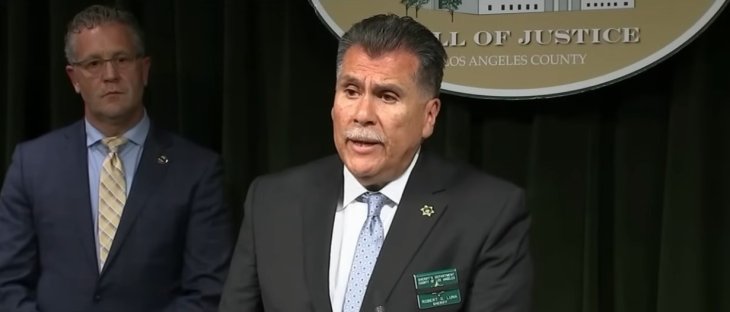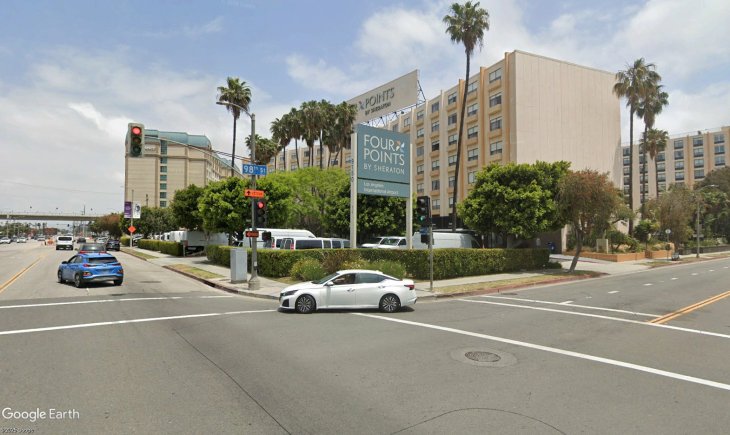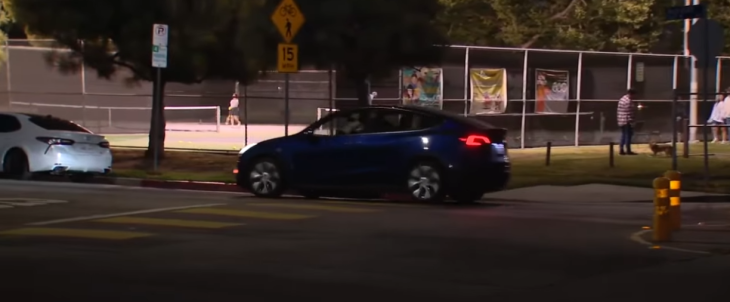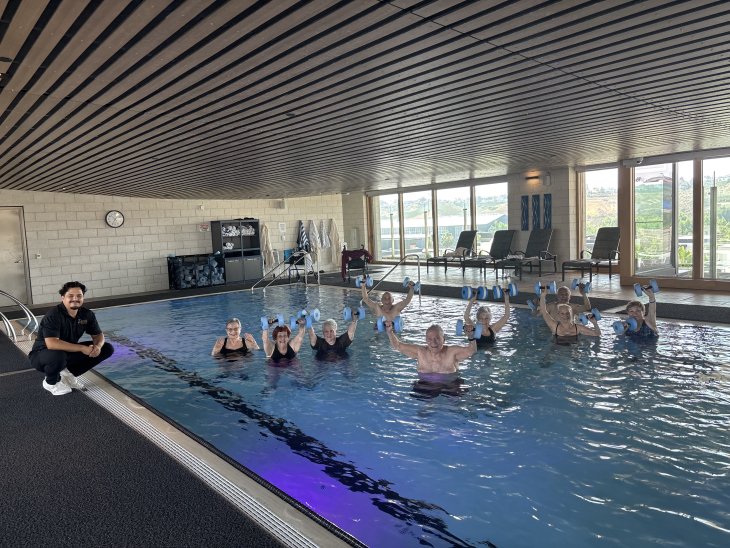By Samuel Harwood
Special to Westside Today
 Why does the United States have 5 percent of the world’s population and 25 percent of its prisoners? Why has the U.S. prison population risen 700 percent since 1970 with one in 99 adults behind bars? These questions and more were the subjects of the Plato Society of Los Angeles’s 2016 Milhaupt symposium, “And Justice for All?’’ presented March 5 at the Skirball Center.
Why does the United States have 5 percent of the world’s population and 25 percent of its prisoners? Why has the U.S. prison population risen 700 percent since 1970 with one in 99 adults behind bars? These questions and more were the subjects of the Plato Society of Los Angeles’s 2016 Milhaupt symposium, “And Justice for All?’’ presented March 5 at the Skirball Center.
The symposium featured a range of experts with various vantage points on this issue, beginning at 9 am with L.A. County Supervisor Sheila Kuehl, followed by UCLA law professor Devon Carbado, L.A. City Attorney Mike Feuer, Loyola Law School Associate Dean Alexandra Natapoff, and Rachel Meeropol, an Attorney with the Center for Constitutional Rights in New York who spoke about solitary confinement in California.
The talks were conducted much like the classes at the Plato society, where members – mostly aged 50 and up who are accepted on the basis of interviews – take courses without a teacher, and are instead, driven by group discussion and regular readings.
While each speaker delivered a formal talk, audience members were allowed to ask questions throughout, as could the other speakers who sat as panel onstage.
Fitting with the depth that Plato members tend to bring to a subject, the symposium stretched beyond discussion of the prison population alone to illuminate the various elements that make up the criminal justice system.
Professor Devon Carbado, who teaches both criminal procedure and critical race theory, said, “My hope is that the problem of police violence opens up space to talk about inequality.”
Professor Natapoff elaborated on this idea in a talk focused on misdemeanors and how “fines occupy a special place in the misdemeanor world,” meaning that their disproportionate impact on poor populations has placed a number of people into jail or homelessness due to an inability to pay their fees. Traffic fees especially drive this in L.A., since they increase with each unpaid day regardless of the offender’s means, typically resulting is license suspensions and joblessness.
“Most Americans encounter the criminal system through the misdemeanor process,” said Natapoff. “It’s not ‘Law and Order.’ It’s quick and dirty. It’s sloppy.”
Speaking to this theme of how Americans, especially those in L.A., experience the criminal justice system, Attorney Feuer used his talk to discuss the Community Justice Initiative, a program his office began a year and a half ago to circumvent the criminal system by placing offenders before a panel of community members to determine an appropriate remedy. This structure has been set up for crimes ranging from theft to prostitution to truancy (Feuer got some laughs when he explained that before, “the only way schools dealt with truant kids was to expel them.”)
Feuer said that the initiative hopes “to get to the root causes of crime, to reduce repeat crime recidivism, and [get] the community that is affected by the crime involved in helping to turn the neighborhood around.”
If it was the Plato Society’s goal to show how overarching theories relating to America’s criminal justice system interact with how its citizens experience that system, the symposium was a great success indeed.
For more information on the society head to theplatosociety.org.





















